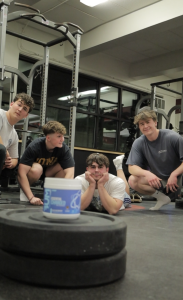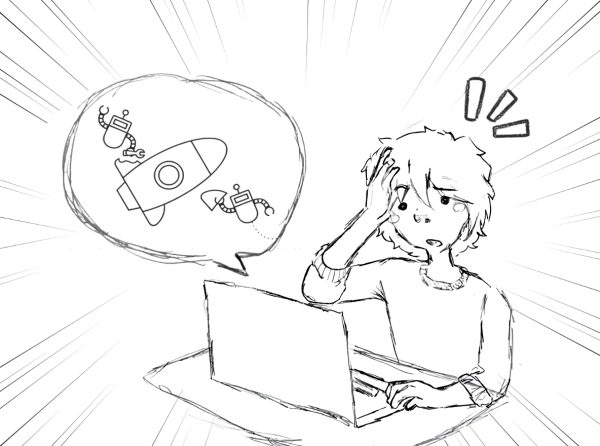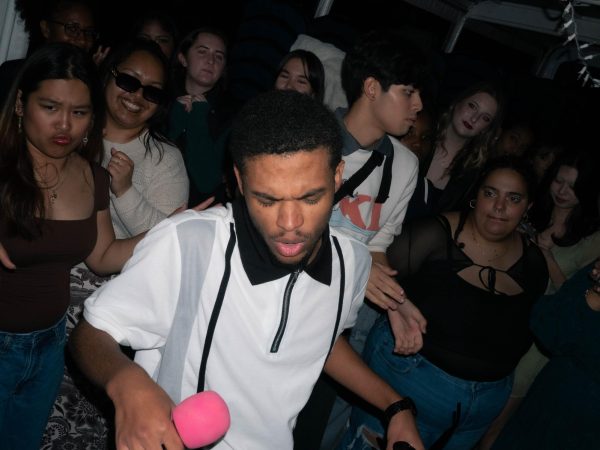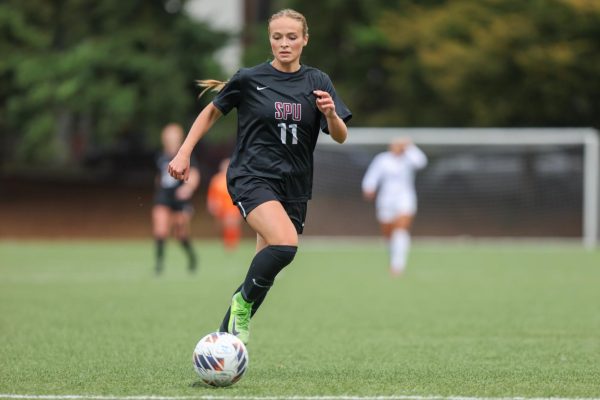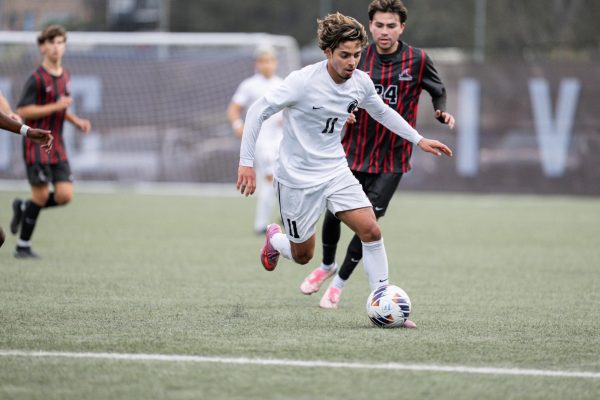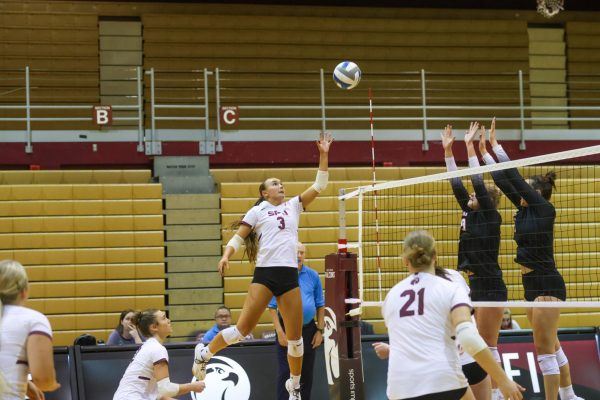From one crescent moon to another
Celebrating, honoring traditions during the month of Ramadan
April 29, 2022
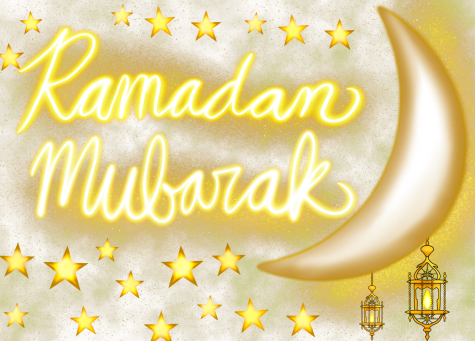
During the month of April, many individuals worldwide celebrate Ramadan.
The holiday is celebrated during the ninth month of the Muslim calendar and ends with the Festival Eid al Fitr, which falls on May 2 and represents the end of the Ramadan fasting.
During Ramadan, individuals will fast by not eating and drinking at all from dawn to sunset. During the festival’s fasting, there is Suhoor (a meal before dawn) and Iftar (a meal after sunset to break the fast). These are meals that occur daily until the end of Ramadan.
While breaking the daily fasts, there is an assortment of dry fruits, vegetables, whole-grain foods and protein substitutes such as milk, yogurt and nuts. Houses are decorated and tables are set to showcase all the dishes as a family event.
Along with fasting, there is also the act of generosity, in which observers of Ramadan donate a percentage of their wealth to notable charities. Giving to the less fortunate shows another perspective of the hardships some might go through, and it also provides a deliberate time to be thankful for what one has.
Even though there is the opportunity for all to fast during the festival, small children, the elderly and the medically ill are exempt from this act due to potential health hazards. Fasting for long periods of time may be harmful to these individuals.
When the fasting comes to an end and the Eid celebrations start, those participating will wear their new and often fancy traditional garments, and they have a big feast with family and friends to salute another year of prayer and togetherness.
Eid al-Fitr is the first-time individuals will eat a meal during daylight hours after an entire month of fasting. The symbolism of patience and the importance of sharing can be taken as lessons taken by the end of the festivities.
Those from all walks of life come together to celebrate each other’s fortitude and experiences of the past month’s fasting ups and downs.
While being a college student can mean juggling multiple tasks all at once, Ramadan is a time of calamity and reflection that has not received acknowledgement but the school, while many other cultural festivals have been given events and celebrations throughout campus.
Knowing that midterms are right around the corner or, for some, currently occurring, the stress can be tough to go through alongside actively fasting. This could be seen as a possible issue for students who live on campus and only have access to the cafeteria during fasting hours.
Will there be more representation for those who celebrate Ramadan next year? Will there be longer hours for the C-Store?
Being away from home and then also not being able to find the correct resources or community can be tough. Luckily, there are community organizations that are reliably available for that exact reason.
For those away from home or wanting to get involved with the festivities, there are many events being held within and around the Seattle area in celebration of Ramadan.
There are daily prayers held at Muslim Assosiation of Puget Sound, which is a community formed to make Muslims in the Seattle area feel more included, find a religious community and have a place to call home.
To find more more information on the Ramadan festivities, visit the Muslim Assosiation of Puget Sound website. This website provides prayer times and other times at the masjid/mosque (place of worship).
The website also provides information about the festival and proper edicate for when attending an event, such as the Ramadan prayers or Eid prayers.
Visit mapsredmond.org for more information or to see the upcoming events.

















































































